What is EOBD, EOBD2 and OBDII?
|
EOBD is an abbreviation of European On-Board Diagnostics. All petrol cars sold within Europe since 1 Jan 2001, and diesel cars manufactured from 2003, must have on-board diagnostic systems to monitor engine emissions. These systems were introduced in line with European Directive 98/69/EC to monitor and reduce emissions from cars. All such cars must also have a standard EOBD diagnostic socket that provides access to this system (as shown below).
For information on the pins used within the port, please click here. Only the latest scan tools and code readers can be relied upon to read the diagnostic information through the EOBD socket. 'Check Engine' light
The 'Check Engine' warning light on the dashboard is often the first an owner knows about a problem with their car. This provides very little information to the owner, or to the garage asked to investigate the problem. Problem diagnosis With the modern tools, skilled technicians should be able to diagnose and solve many of the problems, which prior to this, required the sophisticated console tools of main dealers. New technology The introduction of European on-board diagnostics standards has opened up new opportunities for car garages and owners. A range of low-cost tools are now available to read and clear error codes, to view live/stored readings from sensors within the car, and to switch off the 'Check Engine' light. What information is available? EOBD systems monitor and store information from sensors throughout the car, e.g. air flow sensors and oxygen sensors. Sensor values outside an acceptable range, trigger a Diagnostic Trouble Code (DTC). New diagnostic tools can help you read and interpret these codes, and view the live sensor output. On-Board Diagnostics, or OBD, was the name given to the early emission control and engine-management systems introduced in cars. There is no single OBD standard - each manufacturer often using quite different systems (even between individual car models). OBD systems have been developed and enhanced, in line with United States government requirements, into the current OBD II standard. The OBD II Federal requirements apply to cars sold in the United States from 1996. EOBD is
the European equivalent of the American OBD II standard, which applies
to petrol cars sold in Europe from 2001 (and diesel cars 3 years later). For more information on why OBDII tools will only work with 2001 and newer petrol cars in Europe, and not with all UK and European cars from 1996 onwards, please click here. EOBD2 is not a new version of EOBD. Where EOBD stands for 'European On-Board Diagnostics', EOBD2 actually stands for 'Enhanced On-Board Diagnostics, Second Generation'. EOBD2 tends to refer to manufacturer-specific features available on some OBDII/EOBD tools to access additional parameters/information from a car, over and above the normal parameters and information available within the EOBD/OBDII standard. EOBD2 features are normally highly manufacturer-specific, and will usually only be available for a certain car manufacturer, e.g. Ford. There are, as such, no 'EOBD2 cars', i.e. cars that require an EOBD2 tool to access their diagnostics information. EOBD2 functonality might however allow more information to be extracted from an EOBD/OBDII compliant car.
|
-
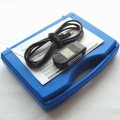
Ross-Tech VCDS HEX-V2 USB Package (3 VIN)
£ 225.00 -
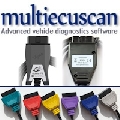
MultiECUScan Diagnostic Package (USB)
£ 129.95 -
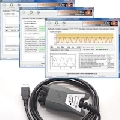
Gendan EngineCheck Pro USB package
£ 99.95 -
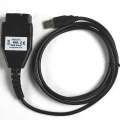
VW Audi USB KKL Diagnostic Interface Cable
£ 19.94 -
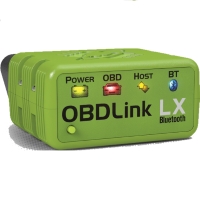
OBDLink LX EOBD OBD-II Bluetooth Interface
£ 94.96 -
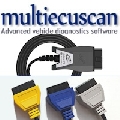
MultiECUScan Package (CAN cars only)
£ 112.94 -
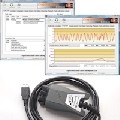
USB Engine package for 2001+ petrol, 2004+ diesel
£ 69.95 -

Ross-Tech VCDS HEX-V2 USB Package (10 VIN)
£ 299.00 -
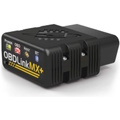
OBDLink MX+ EOBD OBD-II Bluetooth Interface
£ 129.95 -
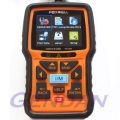
Foxwell NT301 Diagnostic Scan Tool
£ 69.00 -

Ross-Tech VCDS HEX-V2 USB Package (Unlimited VIN)
£ 499.00 -
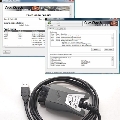
VauxCheck Software with vLinker FS USB interface
£ 64.94 -
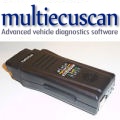
MultiECUScan Multiplex Package
£ 360.00 -
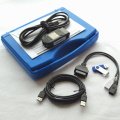
Ross-Tech VCDS HEX-V2 Enth. Plus Bundle (10 VIN)
£ 319.00 -
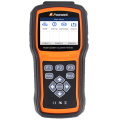
Foxwell NT530+ Full Systems Scan Tool - BMW & Mini
£ 164.00 -
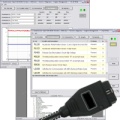
Opel-Scanner for Vauxhall and Opel cars
£ 199.00 -
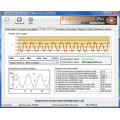
EngineCheck Pro Diagnostics Software Download
£ 57.14 -
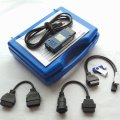
Ross-Tech VCDS HEX-NET Pro Plus Bundle (Unlimited)
£ 649.00 -
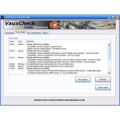
VauxCheck Diagnostics Software download
£ 30.59 -

Foxwell NT530+ Full Systems - Peugeot/Citroën
£ 164.00 -
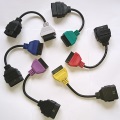
MultiECUScan Coloured Adaptor Cables
£ 31.94 -

Foxwell NT530+ Full Systems Scanner - Porsche
£ 164.00 -
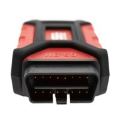
GS-911 USB Enthusiast Package 16-pin
£ 230.00 -

Ross-Tech VCDS HEX-V2 USB Home Plus Bundle (3 VIN)
£ 245.00 -

Foxwell NT530+ Full Systems - Mercedes & Smart
£ 164.00 -
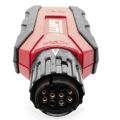
GS-911 WiFi Enthusiast Package 10-pin
£ 305.00 -
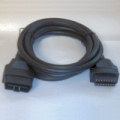
OBD-II / EOBD Extension Cable - 3 metre
£ 14.95 -
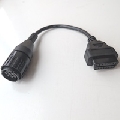
10-pin Adapter lead for GS911 with 16-pin plug
£ 19.94 -
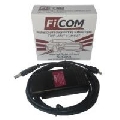
FiCOM Advanced Fiat & Alfa Diagnostics Package
£ 395.00 -

EngineCheck Pro Diagnostics Software Upgrade
£ 29.57 -
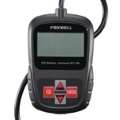
Foxwell BT100 12 Volt Battery Analyser
£ 44.95 -

Foxwell NT530+ Full Systems Tool - Hyundai / Kia
£ 164.00 -
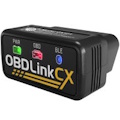
OBDLink CX Bluetooth Interface for BimmerCode
£ 79.96 -
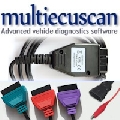
MultiECUScan Package (Non-CAN cars only)
£ 85.00 -
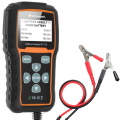
Foxwell BT715 12 / 24 Volt Battery Analyser
£ 85.00 -
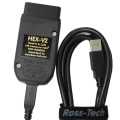
Ross-Tech VCDS HEX-V2 USB 3-VIN Package (No Case)
£ 222.00 -
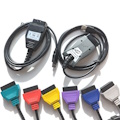
MultiECUScan Hardware Only Bundle
£ 80.00 -
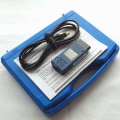
Ross-Tech VCDS HEX-NET Package (Unlimited VIN)
£ 625.00 -

Foxwell NT530+ Full Systems Tool - Vauxhall / Opel
£ 164.00 -
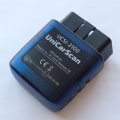
UniCarScan UCSI-2100 Bluetooth Interface
£ 51.50 -

Ross-Tech VCDS HEX-NET Interface Package (10 VIN)
£ 430.00 -

Foxwell NT530+ Full Systems Scan Tool - VAG cars
£ 164.00 -
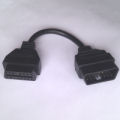
OBD-II / EOBD Extension Cable - 20cm
£ 12.50 -

Foxwell NT530+ Full Systems - Jaguar Land Rover
£ 164.00 -
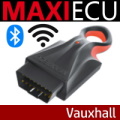
MaxiECU for Vauxhall and Opel cars - Wireless
£ 140.00 -

Foxwell NT530+ Full Systems Scan Tool - Honda Cars
£ 164.00 -
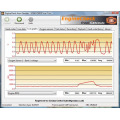
EngineCheck Diagnostics Software Download
£ 30.59 -
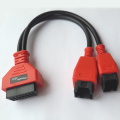
Security Gateway bypass adaptor for FCA vehicles
£ 24.95

